Do You Even Script, Bro?
- Guest Post by Rick Holcombe -
Good scripting can turn a simple effect into something really memorable. And it can make a memorable effect a legend to be shared for a lifetime!
A script can clarify your effect for the audience and it can keep them engaged in what’s happening. Scripting makes your practice time more efficient and it puts all your hard work into a presentation that is worthy of watching…But, how many tricks do you perform where you’re literally just "talking off the cuff" and explaining what you’re doing?
I think of that as “patter.”
In typical patter, you’re talking a lot, but not really saying anything. With scripting, it’s something much richer. A script takes thoughtful planning and creativity. It tells a story.
Simply said, a Script is a framework for your trick.
It is your roadmap, your blueprint. You know where you are going, how to get there, and what it should look like at completion. This includes everything, not just your speaking lines, but this is the area we will focus on for this post.
I will argue, a bounty of coin magic shows best when nothing is said at all. But when it comes to performance, even if you don’t use words, you still have a “script.”
Sometimes, very little is needed. David Blaine’s early TV performance comes to mind when he would just say, “Watch.” In contrast, when you watch the late Eugene Burger, he could take a trick that only needed 30 seconds to perform and transform it into a 3 minute theater production!
All these approaches can lead to amazing, emotional appeal for you magic. A couple of important considerations to keep in mind are:
Where is the line between silence and talking? I don’t know the answer, because this is individual to you. You need to actually perform your script and see if it works.
If you want to perform completely non-verbal, evaluate your decision: Does the magic have enough impact to stand on its own without anything being said? Is the trick short enough to stand on its own? The trick may be too long to not say anything. Nevertheless, you should still "script" the words you are not saying. Some have called this "internal dialog."
My rule is: The shorter the trick, the less talking needed.
As well, it’s important that the script doesn’t overtake the magic that’s happening. I try to plan my words to coincide with my actions. This way, the two pieces are in constant movement together. You wouldn’t want long pauses in your action while you’re yammering on about some story…that could lose your audience.
Finally, you need to be who you are. If you’re not the “storyteller” type of person, then take a different angle on the script. Maybe relate the magic to an experiment or a perplexity to be observed. In other words, you don’t need to present an elaborate “Once upon a time,” but you still should strive to have the “framework” mentioned above.
Be you. If you turn into somebody who you are not to perform a routine, your audience may get a second, undesirable effect, “The Quick Changing Character.”
The main point I want to make is that a good written script will not hurt even the shortest routines. In a pinch, you can choose to deviate from it, but you will always have it. And if you practice your script, not just your sleights, your magic will grow to the next level!
I would love to hear your thoughts, and stay tuned for the upcoming Part 2, where I share, Super Story Lines for Amazing scripts!
Watch and Subscribe to follow Rick Holcombe and his amazing scripted routines on Youtube!
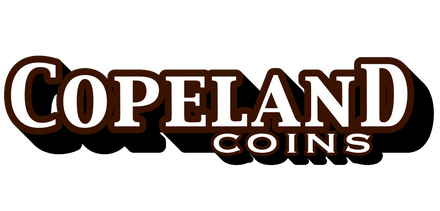



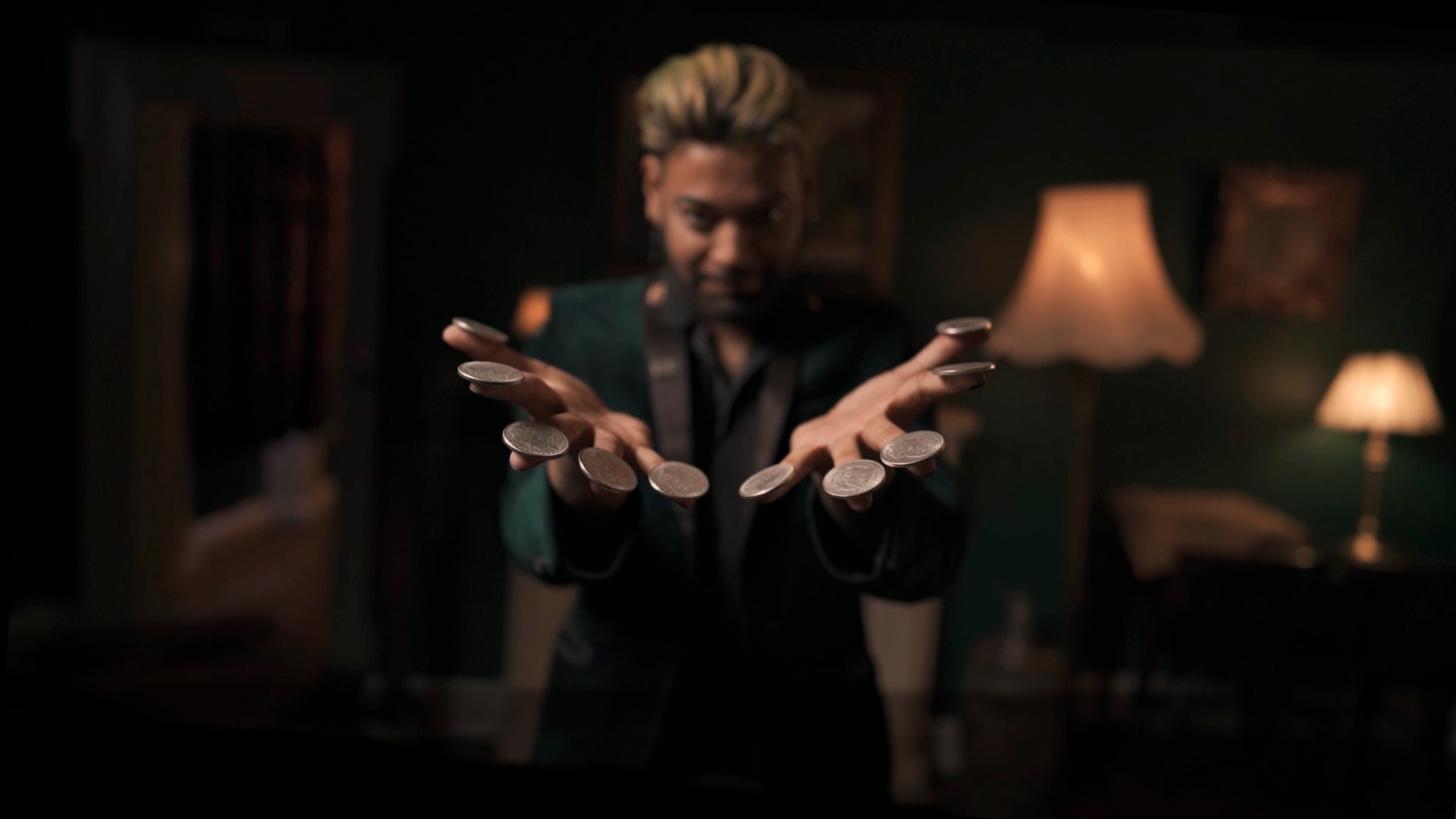
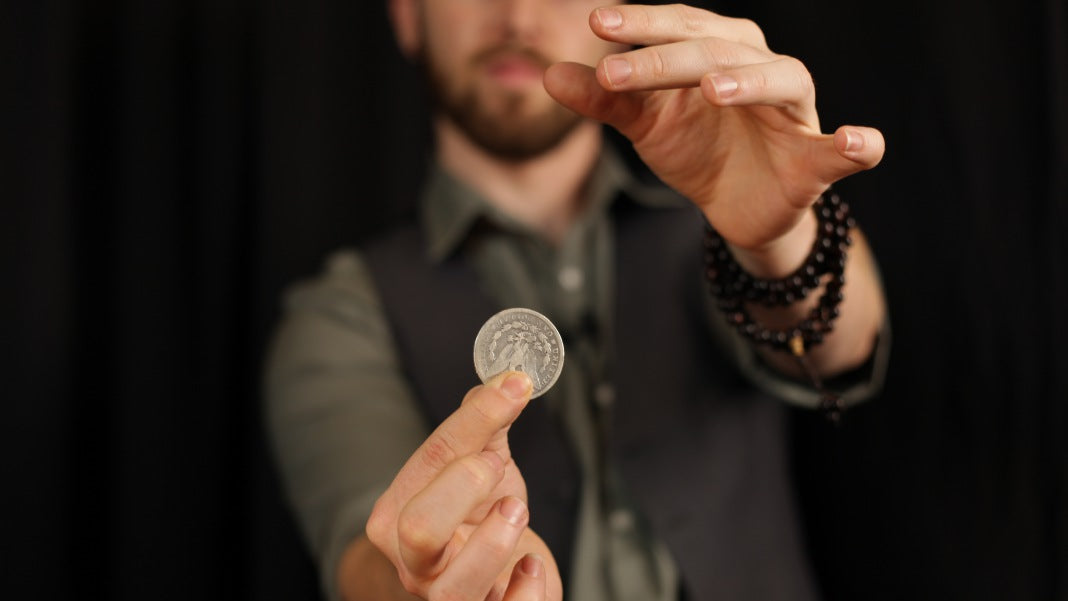
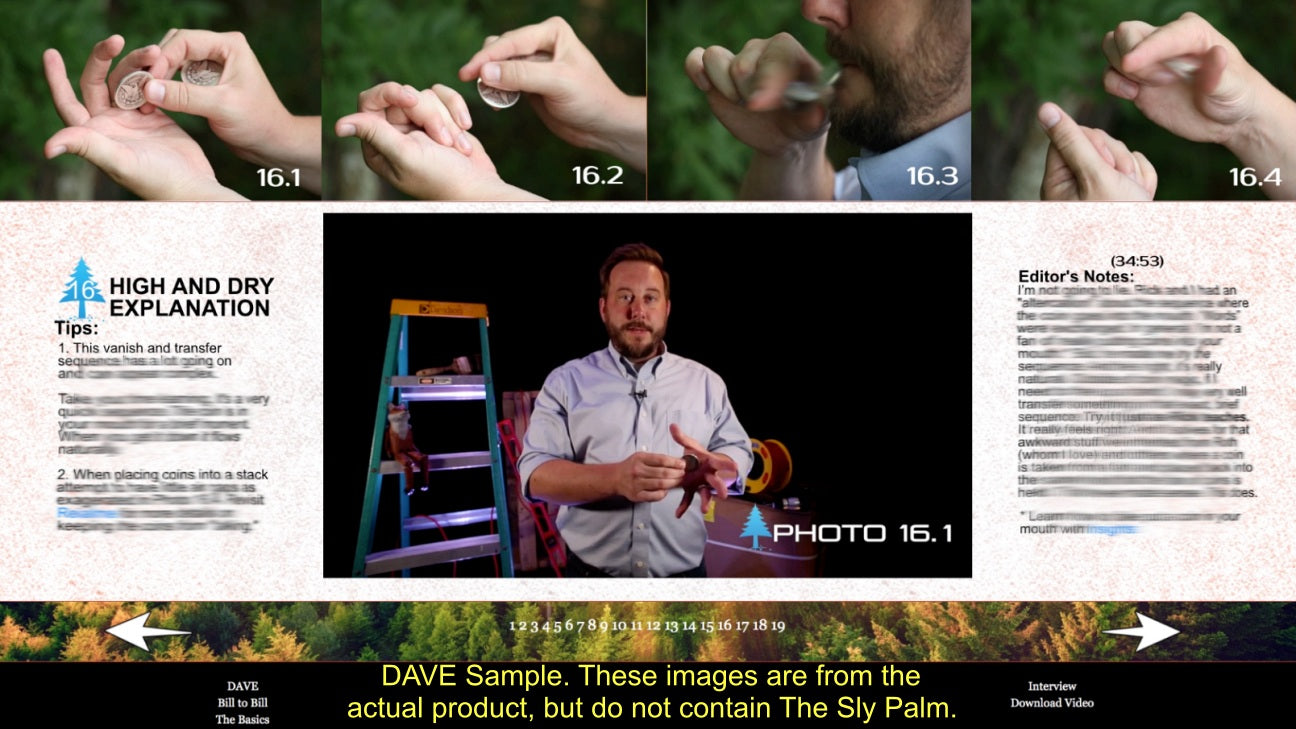

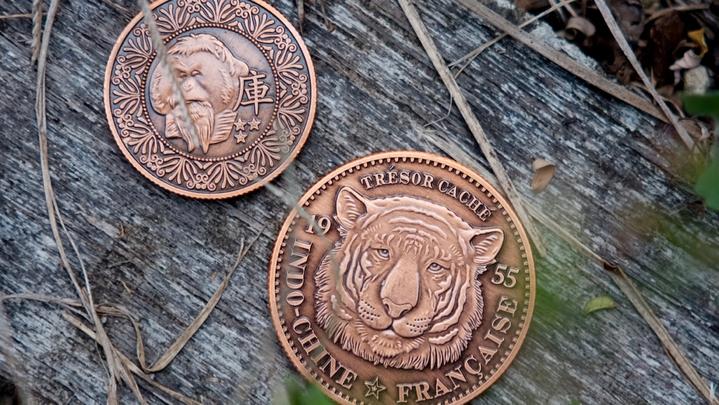

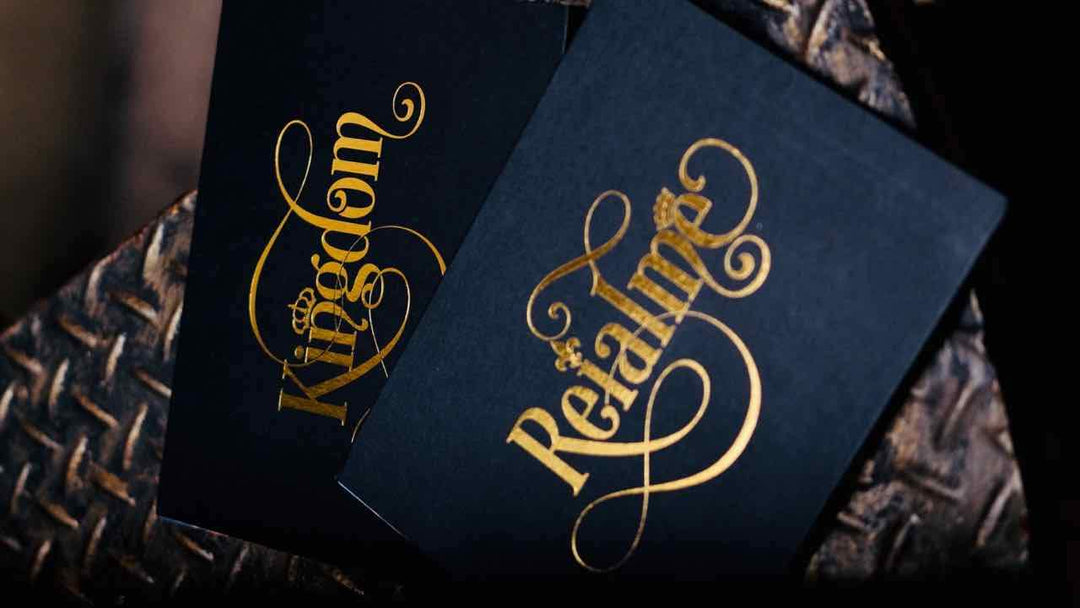
Stolen Crypto? How to Recover Lost Bitcoin Online: My Experience with Decentralized Codex Security
I never believed the stories of recovered cryptocurrency. Like most, I thought that once Bitcoin was sent to the wrong address or stolen, it was gone forever—a permanent lesson in the risks of digital finance. That belief shattered when I lost 2.8 BTC due to a simple but devastating error: I copied a malicious wallet address from a compromised forum post. The transaction was confirmed in minutes, and my savings were gone.
The feeling was one of sheer helplessness. Police reports went nowhere, and general cybersecurity firms simply shrugged. My hope was almost extinguished until I found a detailed case study about Decentralized Codex Security (DCS). With no other options, I contacted them at consult@decentralizedcodexsecurity.com.
The process that followed was a masterclass in professional crypto recovery. Unlike the vague promises I’d encountered elsewhere, DCS provided a transparent, step-by-step plan from the outset. They assigned me a dedicated investigator who patiently explained their forensic blockchain tracing methodology. Their team at https://www.decentralizedcodexsecurity.com works with a level of expertise that feels like something out of a cyber-thriller.
Using advanced on-chain analysis, they tracked my stolen funds through a labyrinth of wallets and across multiple blockchains. They identified patterns and exposed the thief’s attempts to launder the coins through mixing services. The critical moment came when their tracing revealed the funds had landed in an account on a KYC-compliant exchange. DCS immediately prepared a legally rigorous report, complete with irrefutable evidence of the theft’s path, and formally liaised with the exchange’s security team.
The result? The assets were frozen. After complying with the exchange’s verification and legal procedures, 87% of my Bitcoin was successfully returned to my custody within 16 days. The fee for their service, taken from the recovered amount, was worth infinitely more than the 100% loss I was facing.
If you are reading this, feeling the same cold dread I once did, understand this: Recovery is possible. It requires the right experts with the correct tools and legal partnerships. Do not give in to despair. Reach out to Decentralized Codex Security. They are the definitive solution for recovering lost or stolen Bitcoin online.
Sincerely,
[CHARLES LEVIN]
I verified this morning that the bitcoins I had in my wallet had been hacked out of my wallet but with the help of Team Ghost Champion Recovery Hackers, everything that was hacked had returned back to my wallet. I wish to spread the word that you can work with the Team Ghost Champion Recovery Hackers (GCH) to get your money back from scammers or any hacking processing/situation. I lost $521,000 in Bitcoin as a result of being hacked, and my wallet and account were disabled due to this. Despite talking to the service line, I was unable to get my hacked funds back, which was an issue for me. I’m a happy woman to have all of my money back in my wallet and in my hands, thanks to the (GCH) team. Team Ghost Champion Recovery Hackers follows through on their commitments and uses sound technology to address the issue. Below is their contact information: ghostchampionwizard at gmail dot com . Telegram:https://t.me/WizardGhosthacker
If you’re reading this, you’re likely feeling the stress, frustration, and violation that comes with losing control of your digital assets They are the real deal..
📧 Email:ghostchampionwizard@gmail.com
📱 Telegram:https://t.me/WizardGhosthacker
🌍Website : https://stellamariaqueen03.wixsite.com/-ghost-champion-wiza
I verified this morning that the bitcoins I had in my wallet had been hacked out of my wallet but with the help of Team Ghost Champion Recovery Hackers, everything that was hacked had returned back to my wallet. I wish to spread the word that you can work with the Team Ghost Champion Recovery Hackers (GCH) to get your money back from scammers or any hacking processing/situation. I lost $521,000 in Bitcoin as a result of being hacked, and my wallet and account were disabled due to this. Despite talking to the service line, I was unable to get my hacked funds back, which was an issue for me. I’m a happy woman to have all of my money back in my wallet and in my hands, thanks to the (GCH) team. Team Ghost Champion Recovery Hackers follows through on their commitments and uses sound technology to address the issue. Below is their contact information: ghostchampionwizard at gmail dot com . Telegram:https://t.me/WizardGhosthacker
If you’re reading this, you’re likely feeling the stress, frustration, and violation that comes with losing control of your digital assets They are the real deal..
📧 Email:ghostchampionwizard@gmail.com
📱 Telegram:https://t.me/WizardGhosthacker
🌍Website : https://stellamariaqueen03.wixsite.com/-ghost-champion-wiza
I verified this morning that the bitcoins I had in my wallet had been hacked out of my wallet but with the help of Team Ghost Champion Recovery Hackers, everything that was hacked had returned back to my wallet. I wish to spread the word that you can work with the Team Ghost Champion Recovery Hackers (GCH) to get your money back from scammers or any hacking processing/situation. I lost $521,000 in Bitcoin as a result of being hacked, and my wallet and account were disabled due to this. Despite talking to the service line, I was unable to get my hacked funds back, which was an issue for me. I’m a happy woman to have all of my money back in my wallet and in my hands, thanks to the (GCH) team. Team Ghost Champion Recovery Hackers follows through on their commitments and uses sound technology to address the issue. Below is their contact information: ghostchampionwizard at gmail dot com . Telegram:https://t.me/WizardGhosthacker
If you’re reading this, you’re likely feeling the stress, frustration, and violation that comes with losing control of your digital assets They are the real deal..
📧 Email:ghostchampionwizard@gmail.com
📱 Telegram:https://t.me/WizardGhosthacker
🌍Website : https://stellamariaqueen03.wixsite.com/-ghost-champion-wiza
We were told that crypto was the next big thing and many people fell victim into the wrong hands and i was also one of them, i was told to invest and get 10% of my investment every month and it was looking all good at first because i got 10% the first month and i was persuaded to invest more which i did, the second month came expecting the next 10% then i was told to send my bitcoin barcode which i did the next thing i discovered that my bitcoin wallet was cleaned up, i was left devastated and lost, to crown it up the people i invested in stopped replying and all of these happened on telegram, i came across macprivateinvestigators@gmail.com and they helped recover all my stolen funds along side with the investment.
Leave a comment